Queerbaiting: Exploring Its Impact on LGBTQ Representation in Media

Movies and television have never been so queer. From Drag Race to Moonlight (and, dare we say, Deadpool & Wolverine?) LGBTQ stories are finally getting the spotlight they deserve, sharing our diverse experiences and culture with the world.
LGBTQ audiences show up to support the media that represents us. And studios are eager to cash in on our little gay purses, baiting queer audiences with insincere or unfulfilled gay characters and storylines. Here’s everything you need to know about queerbaiting and how to stop it.
What’s queerbaiting?
Queerbaiting (sometimes called “gay-baiting”) refers to a marketing technique in media where creators hint at queer relationships or characters. They do it to gain an LGBTQ and ally audience without alienating their straight viewership.
Usually, all it takes is writing with just enough subtext and ambiguity to suggest a queer storyline or context. It might hint at suggestive interactions like a flirty male friendship (ahem, ahem, Challengers), teasing in marketing such as suggestive promotional materials (we’re lookin’ at you, Abercrombie & Fitch), or false Easter eggs (like dialogue that can be interpreted as — but isn’t necessarily — gay).
But here’s the catch: Creators never give substantial representation or explicit confirmation that a character or scenario is actually queer. In other words, a cocktease.
The history of queerbaiting
The term “queerbaiting” most likely originated on social media platforms in the early 2010s. But portraying queerness without fully embracing it has a long history in Hollywood.
It began with the Hays Code, a list of censorship rules that controlled the portrayal of sexuality in the media industry from 1934 to 1968. It prohibited “any inference of sex perversion,” which included homosexuality.
Of course, gay audacity prevailed, and gay and ally film and writers found ways to weave queerness into their scripts, from overt sexual undertones in Rope and Rebel Without a Cause to Montgomery Clift and John Wayne’s ambiguously thirsty relationship in Red River. Films from that era weren’t intentionally queerbaiting; instead, their methods were more about representing homosexual relationships in a time when it was punishable by law (not to mention career suicide for any actor caught in the act). In other words, it was how closeted artists quietly and fabulously rebelled against the system.
Today, Hollywood doesn’t have the same structural homophobia. We’re blessed with a diversity of LGBTQ movies, queer icons, and openly homosexual, transgender, and nonbinary actors. And that’s precisely why capitalizing off queer culture without fully and proudly embracing it sends shockwaves all the way over the internet rainbow.
The fine line between queerbaiting and self-expression
Being the hellscape that the internet is, “queerbaiting” has been co-opted on social media. Some use the term to describe real people who aren’t publicly out but exhibit gay stereotypes or “queer behaviors.”
And it isn’t just Harry Styles and his flamboyant ’fits causing a stir. Keyboard warriors have also called out Kit Connor, star of the iconic gay TV show Heartstopper, after he was spotted holding hands with a woman. The flurry of queerbaiting accusations that followed resulted in Connor coming out as bisexual, an explanation that no one, not even a celebrity, should have to give against their own will. Coming out should happen on a person’s own terms — no ifs, ands, or buts.
When “queerbaiter” is thrown around uncritically, it can damage someone’s comfort with their own self-expression and sexual identity. And that doesn’t just negatively affect them. People watching the public scrutiny and feeling the pressure to neatly define their sexuality for the benefit of others may actually crawl even deeper into the closet or develop a persona that doesn’t represent their authentic selves.
Why is queerbaiting harmful?
Representation and visibility matter, especially in a world of media oversaturation. Here’s why queerbaiting harms our community and its place in the world:
Invalidates queerness
Queerbaiting sends a message that LGBTQ identities aren’t worthy of authentic representation. Hinting at queerness without actual portrayals implies that queer lives and relationships are less valid than nonqueer ones, perpetuating a binary that marginalizes our community and culture.
Takes a toll on mental health
People who don’t see themselves authentically reflected in the media they consume often feel invisible, socially isolated, anxious, or self-doubting — no matter who they are.
Stunts cultural unity
Positive representation in the media normalizes LGBTQ identities and fosters a more open-minded society. Queerbaiting hinders real efforts to elevate society’s understanding and acceptance of gay people. Media has the power to shape cultural perceptions. Inclusivity and genuine portrayals of queer people challenge prejudices and work toward a more inclusive society.
Discourages exploration
For those still discovering their sexual identity, seeing diverse and positive representations offers a pathway for their own lives. It shows that it is possible to live a rich, fulfilling, and authentic life as a queer person. Queerbaiting reinforces the idea that LGBTQ people must edit their behavior to fulfill heteronormative cultural standards. In other words, we can only be as queer as the straights are comfortable with. No, thanks.
{{video-inline-cta}}
Examples of queerbaiting in TV and movies
Grab your remote and change the channel. Here are four infamous uses of queerbaiting in the media:
Destiel in Supernatural
The long-running science fiction show got a lot of heat for hinting at a romantic relationship between Dean and Castiel, known fondly as Destiel. The show gained fans with Dean’s sexually ambiguous character and the close relationship between the two characters, but audiences were left waiting for a sex scene that never happened. Even TV Guide called the show out for its use of queerbaiting.
After 15 seasons, Castiel professed his love to Dean before being killed off the show. It’s a classic example of the “bury your gays” trope when a queer character is killed off shortly after revealing their sexuality.
Instead of Supernatural, watch: Buffy, The Vampire Slayer, The Chilling Adventure of Sabrina, and Shadowhunters.
Betty and Veronica in Riverdale
The teen drama heavily promoted a kiss between Lili Reinhart and Camila Mendes, but the kiss was part of a cheerleading tryout routine. Rather than a budding lesbian relationship, it was meant to grab their coach’s attention.
For many, the kiss trivializes genuine LGBTQ identities and uses gay exploration as a marketing ploy.
Instead of Riverdale, watch: Euphoria, Sex Education, Heartstopper, and Love, Victor.
Sherlock and John in Sherlock
We were all waiting for Benedict Cumberbatch and Martin Freeman to go at it — and not just because we wanted to see them sniff butts like a pair of basset hounds (which, of course, we did). The homoerotic tension fans picked up on was more than obvious — it was downright intense.
Many viewers claim that the showrunners took advantage of the gay intrigue, writing a close relationship and sexual ambivalence to keep them on the hook.
Instead of Sherlock, watch: Miss Fisher’s Murder Mysteries and Killing Eve.
LeFou in Beauty and the Beast
The live-action Disney movie promoted the character LeFou as Disney’s first openly gay character. Except LeFou had as much screen time as a doll kicked off the first episode of Drag Race.
Queer audiences felt duped. A potential watershed for gay characters in family-friendly films was mostly a gimmick to lure gay audiences into the theater.
Instead of Beauty and the Beast, watch: ParaNorman, She-Ra, and The Dragon Prince.
How to stop queerbaiting
In short, if you see something, say something! Calling out queerbaiting wherever you can — be it on TikTok, Instagram, or X, or just talking about it with friends, coworkers, family, and anyone who’ll lend an ear — most certainly brings attention to it. So, sound off!
But the best way to stop queerbaiting is to support media that authentically represent LGBTQ characters and stories. Actively engaging with content that portrays the diversity of queer experiences in meaningful, heartfelt, authentic, and respectful ways encourages creators and studios to prioritize genuine representation. Likewise, supporting LGBTQ creators and projects amplifies our communities, empowers our voices, and stimulates a more inclusive media industry.
Our stories, our voices
The good news is the archive of series and movies that portray authentic LGBTQ stories featuring LGBTQ characters starring LGBTQ actors is already immense. The better news? There’s plenty more to come. And there’ll be even more if we give queerbaiting the boot.
If you’re looking for a date to Netflix and chill, you’ll find him on Grindr. Download the Grindr app and get started.










.png)
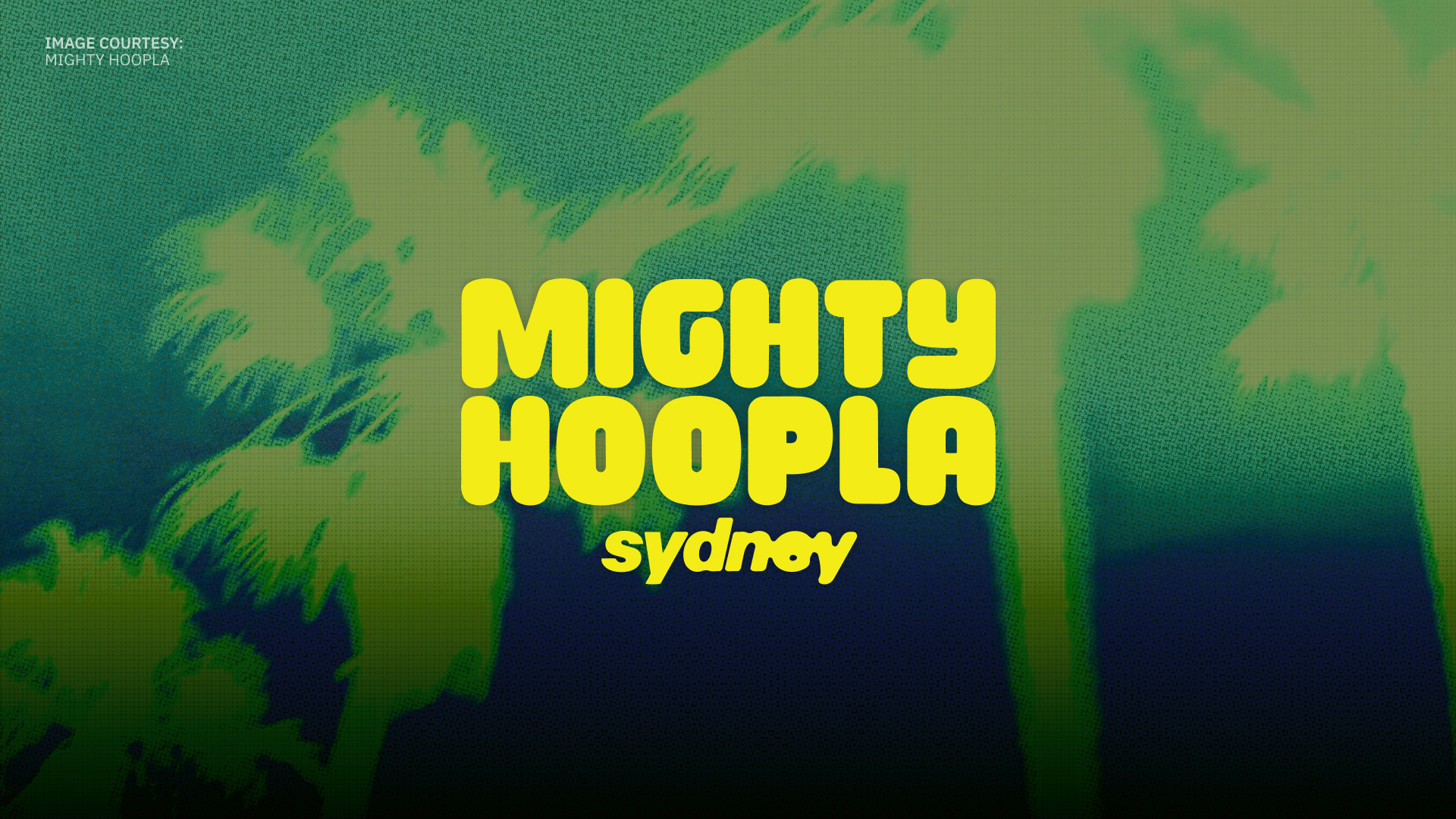
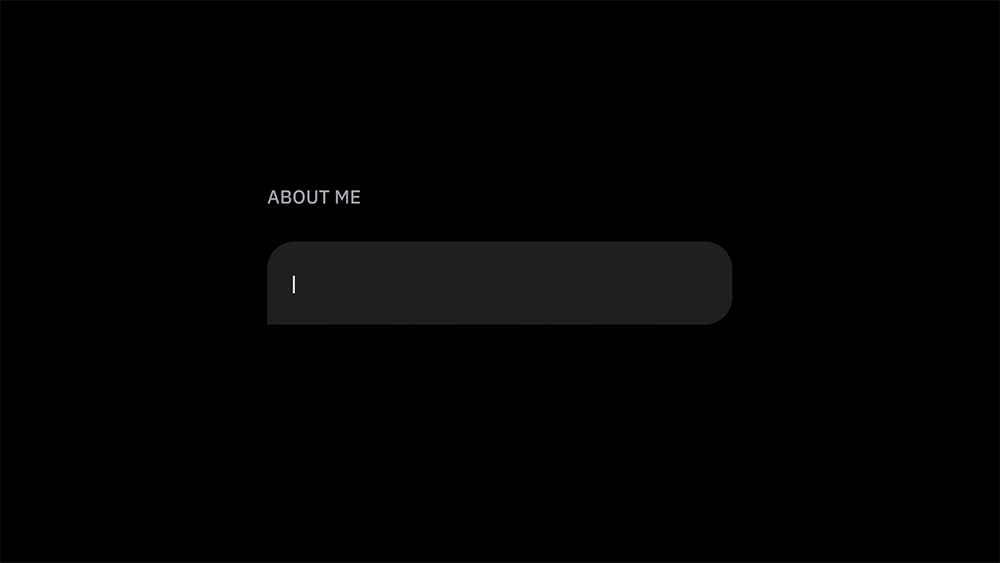
.jpg)
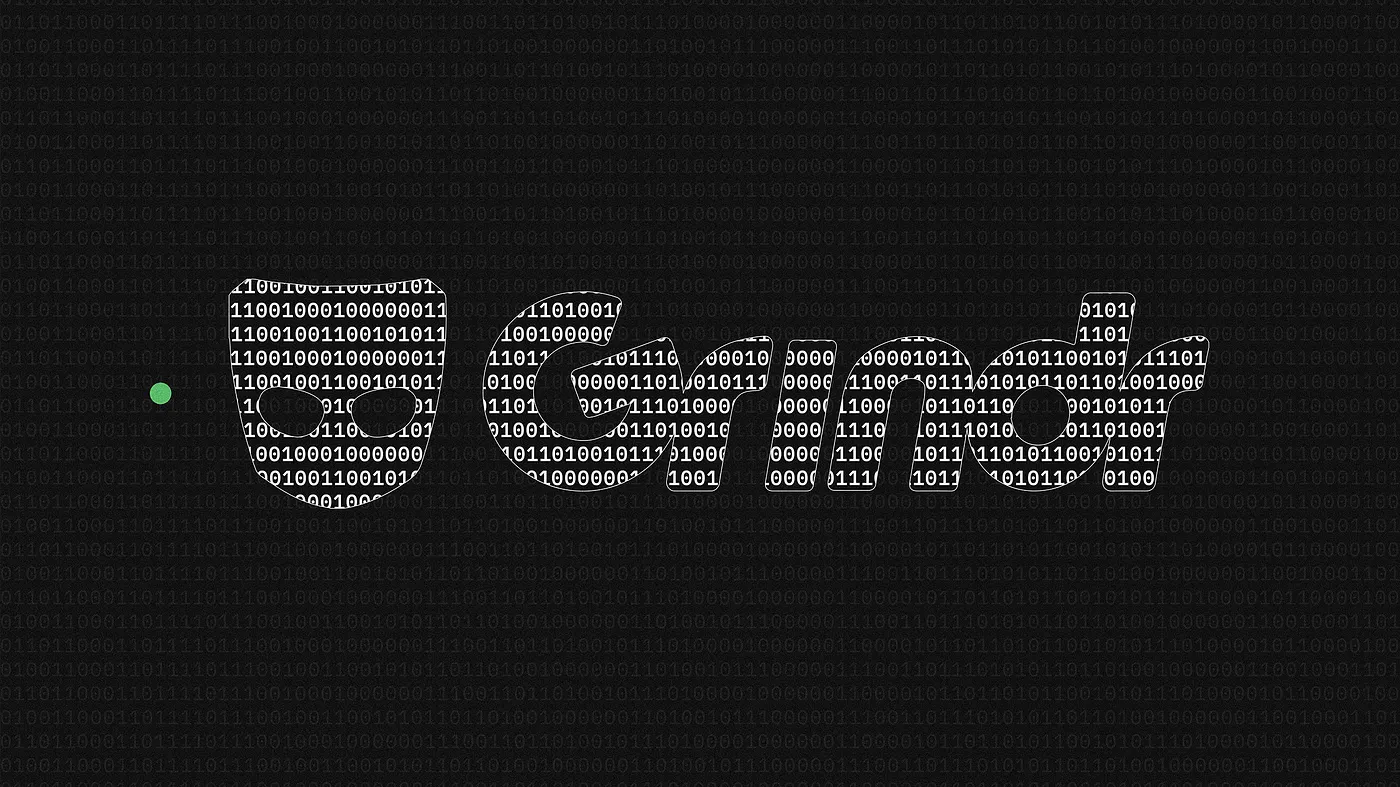
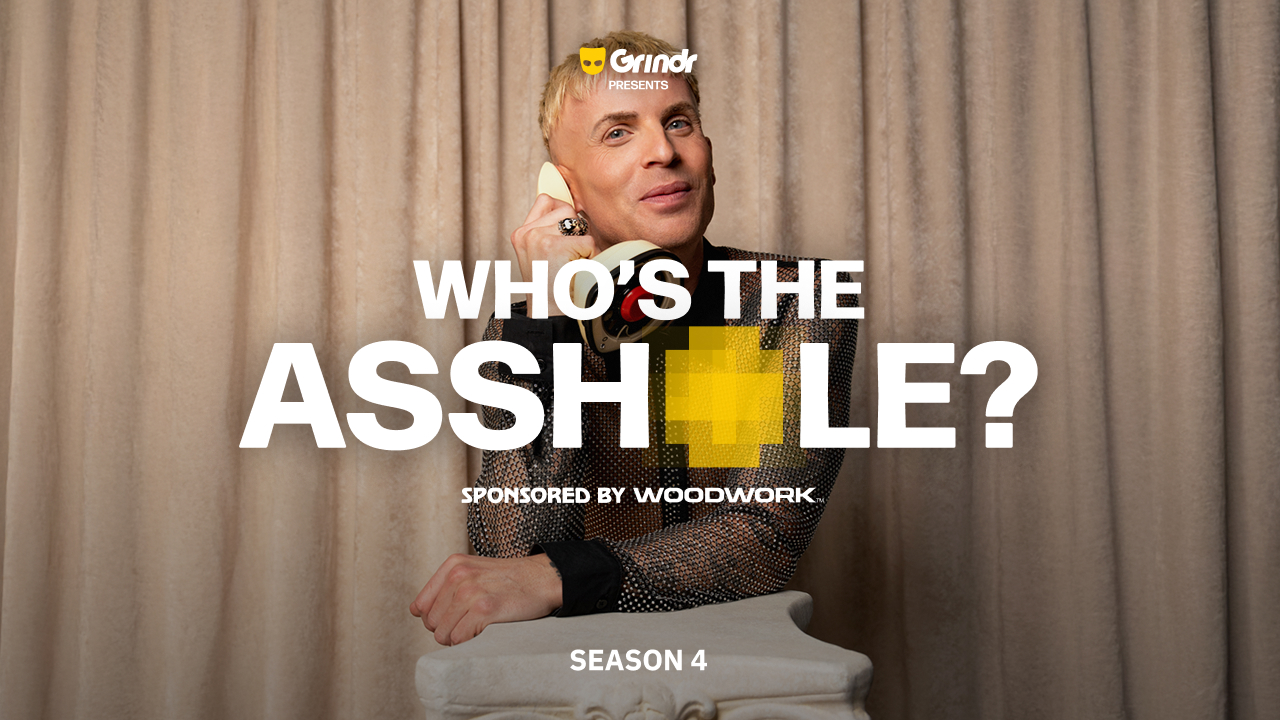
.jpg)
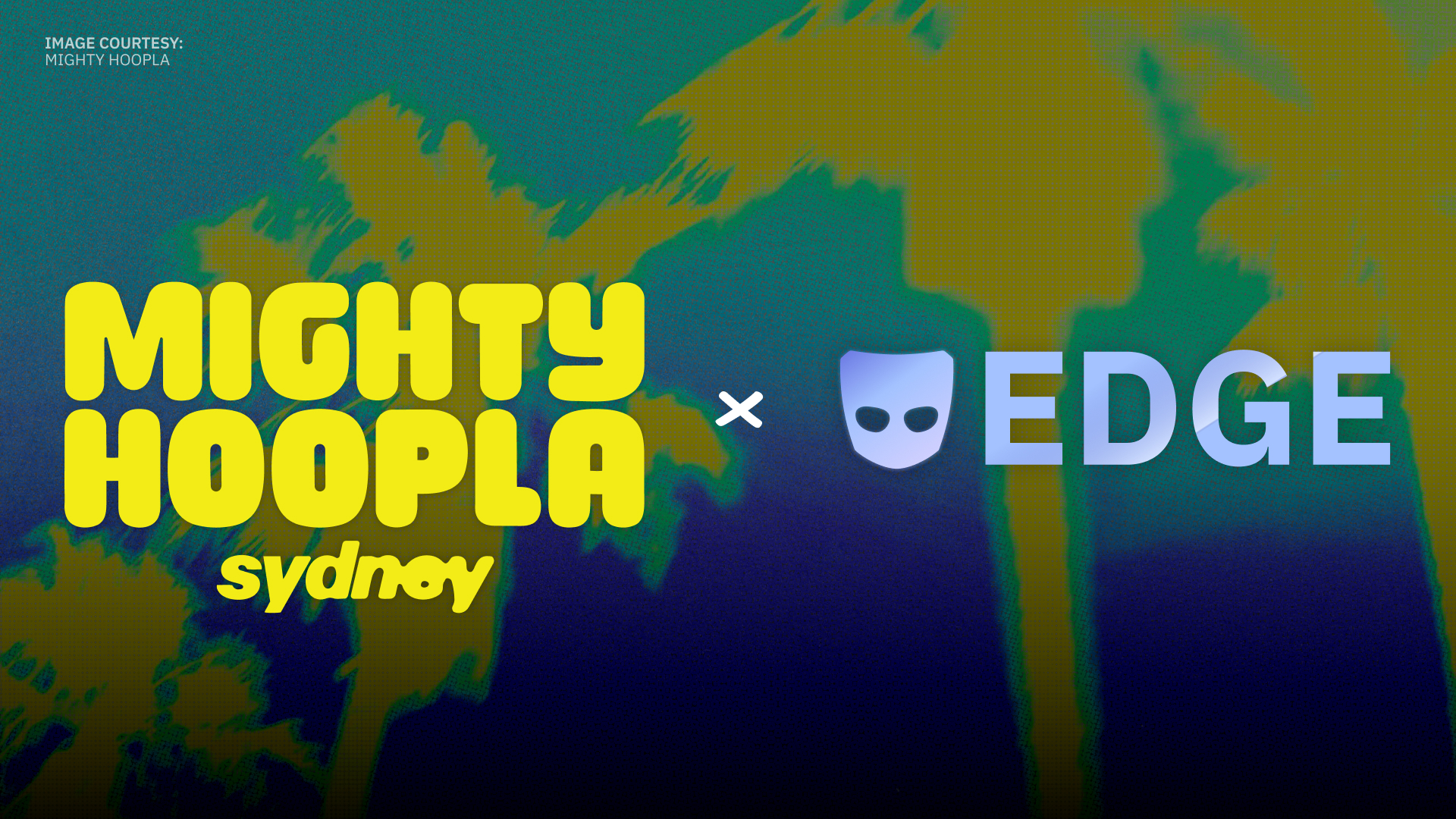
.jpg)







